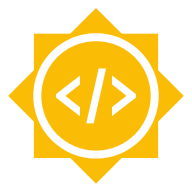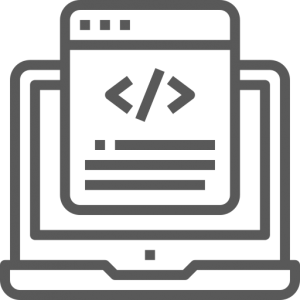What is the Google Summer of code?
Google Summer of Code (GSoC) is an internship program for open-source projects. The program offers eligible GSoC contributors stipends to write code for open source projects over a period of 3 summer months (“flip bits, not burgers”). See the Google Summer of Code Main Site for general information about the Google Summer of Code program, how to apply, frequently asked general questions, and more.

GSoC 2022
After yet another successful year as a GSoC organisation in 2021, OBF was once again a GSoC mentoring organisation in 2022. Interested mentors and GSoC contributors should subscribe to the OBF and GSoC mailing lists (see more on the Contact page). Please announce yourself, so we know who you are! The details of each of our project ideas are listed in this page, including potential mentors.
Facts and links
Info from Google:
- GSoC Timeline
- For questions of eligibility or others, see the GSoC FAQ.
- There is a Google group for posting GSoC questions (and receiving answers; note that you will need to sign up for the group) that relate to the program itself (and are not specific to our organization).
- Development is done entirely remotely and online; there is no requirement or expectation for either GSoC contributors or mentors to travel.
Why apply?
- One of the most important features of the program is that GSoC contributor are paired with mentors, who are typically experienced developers from the project to which the person is contributing. The mentor guides the contributor to work productively within the community, and helps them avoid obstacles and pitfalls.
- The program is global – GSoC contributors and mentors may be located anywhere where they have an internet connection (except for countries affected by US trade restrictions), and no travel is required.
- Aside from the stipend and mentorship aspects, the GSoC contributor’s experience in the internship closely mirrors normal work on distributed development projects. Effective work habits for distributed development are typically not taught as part of computer science curricula, yet are highly desired in the increasingly global and distributed software, IT, and biotechnology industries.
- From the viewpoint of each open-source project, the program not only offers to pay GSoC contributors for their participation, but more importantly, offers an opportunity to recruit new developers who will hopefully go on to become regular, sustaining contributors.



GSoC Contributor Progress Reports
In addition to writing code, accepted GSoC contributors send weekly updates to the OBF community on their project’s progress. These updates allow us to keep aware of how GSoC contributors are doing, give them a forum to ask any questions, and promote overall community bonding.
At the beginning of the summer, we ask that you set up a blog for the GSoC project (or a category/tag on your existing blog) which you will use to summarize your progress every week, as well as longer posts about your work if you’d like. (See these examples from 2018 and 2019)
Then, at the start of each week: Post an update on your blog: What did you do last week? What do you plan to do this week? Do you have any unanswered questions, any unsolved problems from the last week, interesting observations or anything else you’d like to mention? Email the URL and text of the post (or a short summary) to the host project’s mailing list (your mentors will confirm which one to use).
You will be writing under your own name, but with a clear association with your mentors, the OBF and its projects, so please take this seriously and be professional. Remember that your blog will be one of the first things found by anyone interested in the project you’re working on, and can be a valuable resource to them — as well as a significant part of your online presence.
Previous Years
This section contains links to content related to OBF’s participation in GSoC in previous years.
- 2022 – 7 student projects
- 2021 – 8 student projects
- 2020 – 8 student projects
- 2019 – 5 student projects
- 2018 – 5 student projects
- 2017 – 7 student projects
- 2016 – 8 student projects
- 2015 – OBF not accepted, some Bio* projects partnered with other organisations
- 2014 – 6 student projects
- 2013 – OBF not accepted, some Bio* projects partnered with other organisations
- 2012 – 5 student projects
- 2011 – 6 student projects
- 2010 – 6 student projects